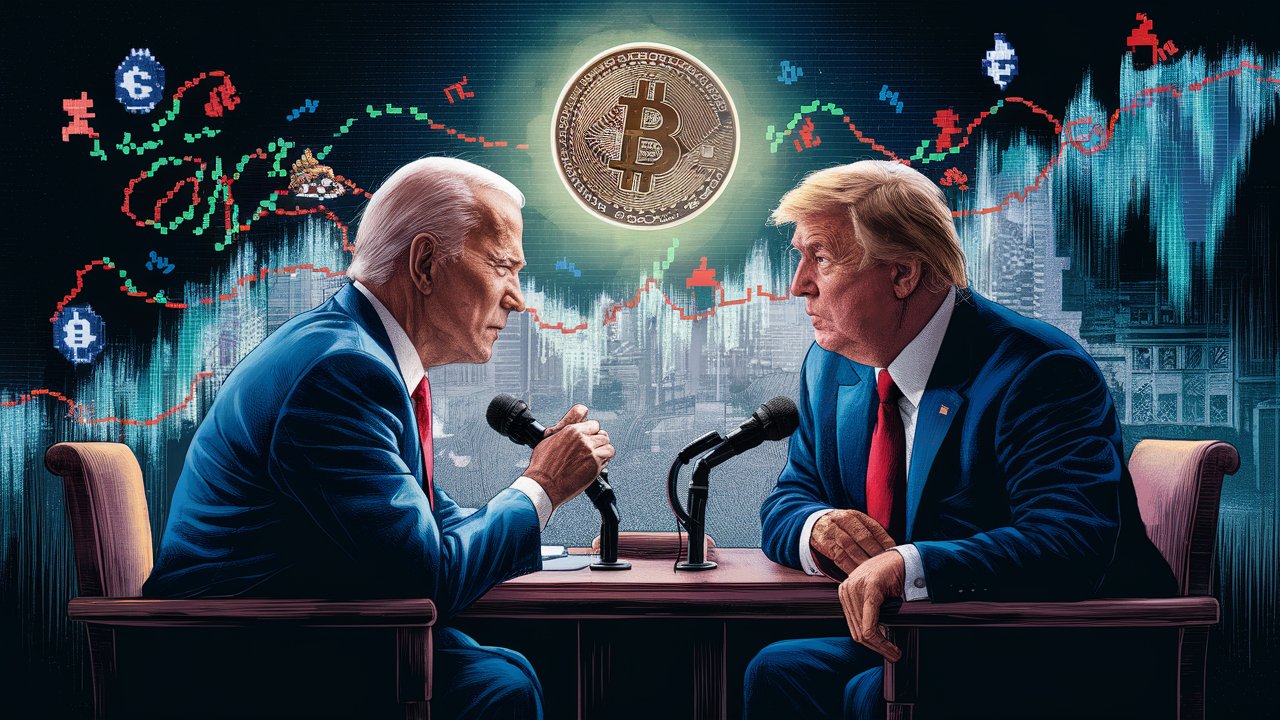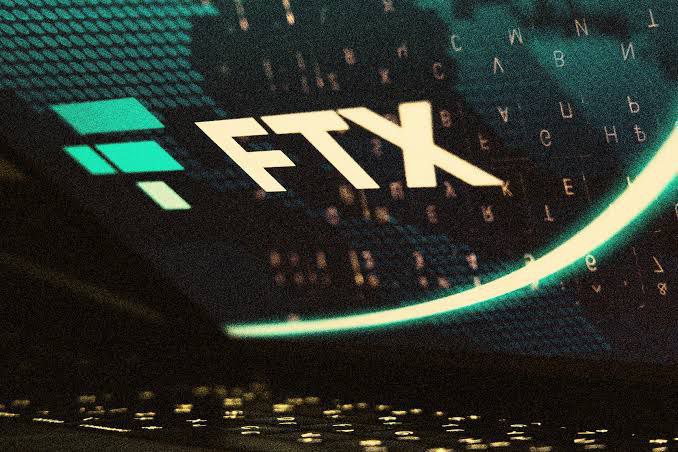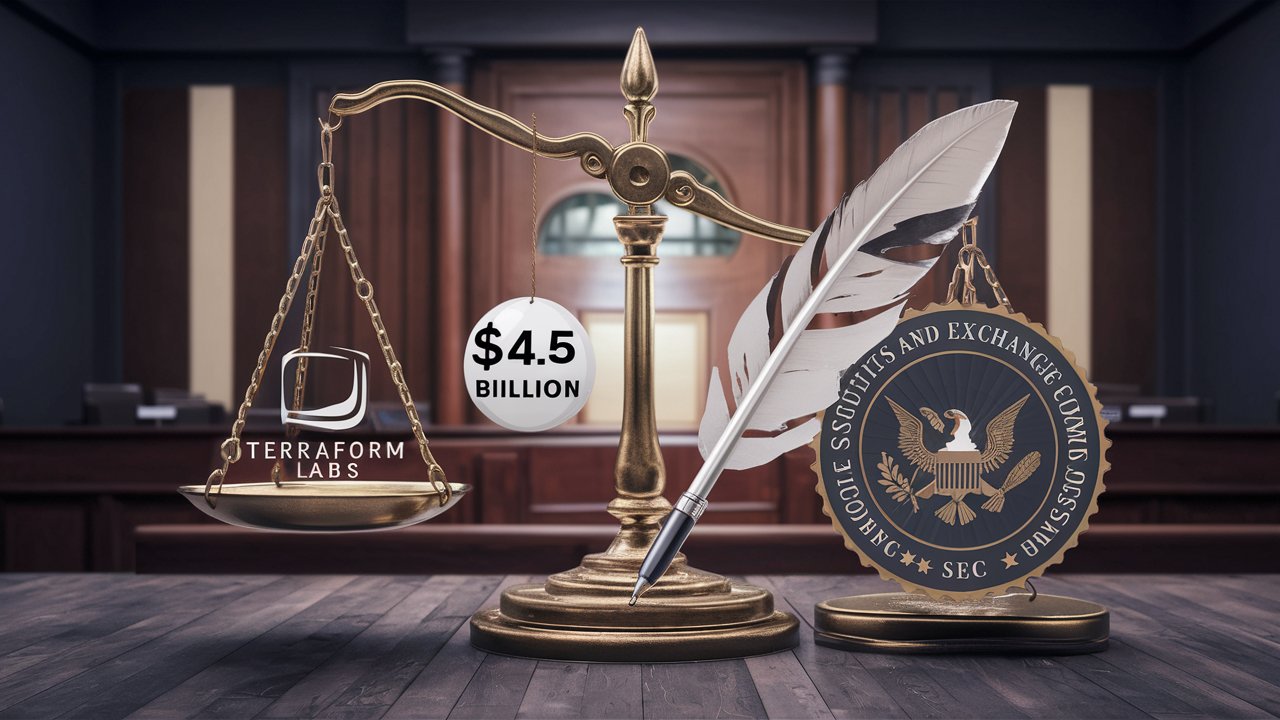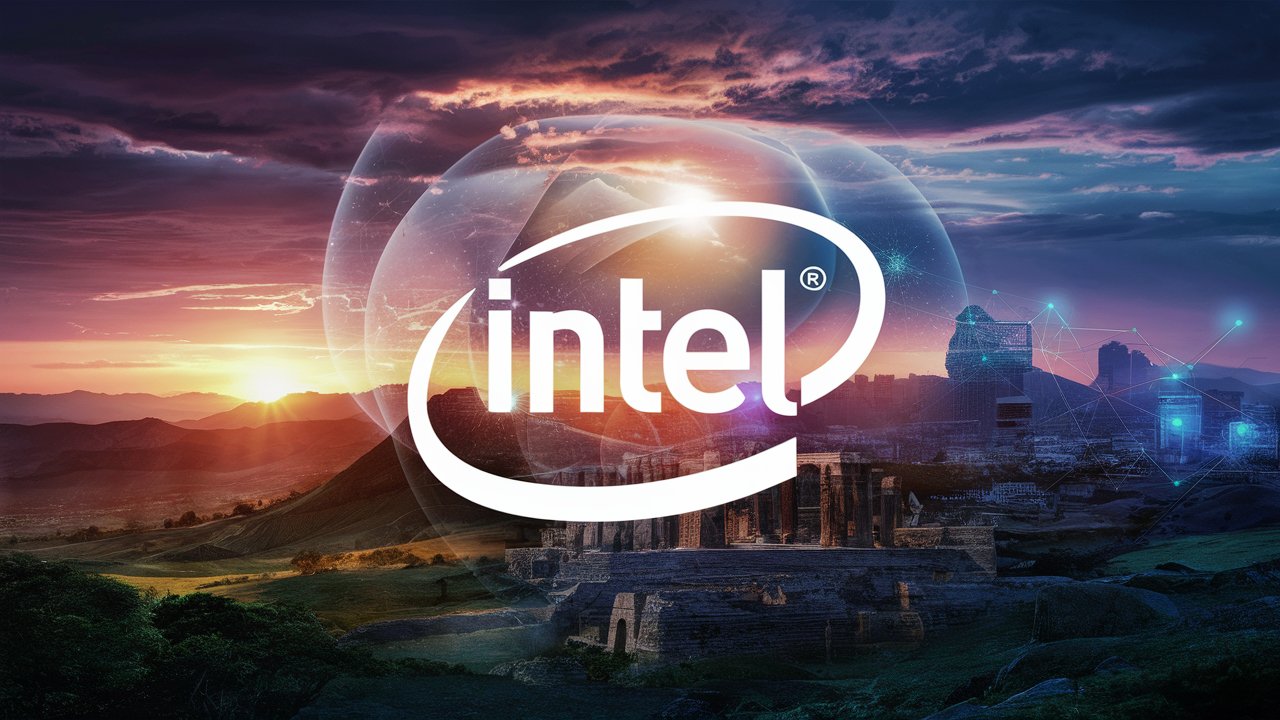
The first general debate of the 2024 U.S. presidential election occurred on June 27 in Atlanta, Georgia. President Joe Biden and former President Donald Trump faced off in a 90-minute session hosted by CNN. Anchors Jake Tapper and Dana Bash moderated the event, covering various topics, notably excluding cryptocurrency.
The debate began with a focus on the economy. Biden and Trump presented their economic plans, discussing inflation, the cost of living, and the national debt. Despite the significance of digital assets in recent economic discussions, neither candidate addressed the topic. This omission was notable given the substantial financial support the crypto industry has provided in this election cycle.
Candidates’ stance on crypto
Crypto has emerged as a significant talking point for candidates and lawmakers. Trump’s campaign has been particularly vocal, with the former president discussing crypto issues publicly. He promised to commute the sentence of Ross Ulbricht, the founder of the Silk Road and made various statements regarding crypto regulation. Conversely, Biden’s campaign has remained silent on the matter. His administration has indicated a willingness to work with Congress on legislation but has not made any direct statements during the campaign.
During the debate, Biden, who took office in January 2021, appeared raspy and soft-spoken. Reports suggest he was suffering from a cold. Trump, in contrast, was louder and clearer in his delivery. However, fact-checkers noted that Trump’s assertions were challenged more frequently than Biden’s throughout the evening.
The debate’s structure provided limited opportunity for either candidate to discuss technology policy. After the initial economic segment, the discussion moved swiftly to other pressing issues such as abortion, immigration, and foreign policy. The moderators focused the conversation on these areas, leaving little room for ancillary topics like digital assets.
Related: Ripple Labs Chief to Face Charges for Misleading Statements
Crypto industry’s exclusion
Despite the crypto industry’s hopes, the debate barely approached technology policy, seemingly sidelining the industry’s substantial financial contributions. Crypto-backed super PACs, including Fairshake PAC, Protect Progress, and Defend American Jobs, have raised and spent millions to influence the 2024 elections. These PACs aimed to support candidates who were favorable to the crypto sector. Fairshake PAC raised $177.8 million and spent $70.8 million this cycle.
The omission of crypto from the debate was unexpected, especially given Trump’s recent campaign trail comments. He had engaged with the crypto community, hosting a meeting with Bitcoin miners and expressing a desire to see the cryptocurrency “made in America.” In contrast, Biden’s administration has faced criticism from the crypto industry, particularly due to the U.S. Securities and Exchange Commission’s (SEC) actions under his tenure. Critics argue that the SEC’s stringent enforcement could negatively impact Biden’s re-election prospects.
Crypto industry leaders have expressed varied opinions on the candidates’ stances. Dave Ripley, CEO of Kraken, suggested that Biden is “softening up” to crypto. On the other hand, crypto advocate Mark Cuban warned that SEC Chairman Gary Gensler’s actions could “literally cost Joe Biden the election.”
Broader voter priorities
Despite these dynamics, the debate on June 27 did not touch on crypto, reflecting a broader trend in American voter priorities. According to Gallup polls from May, issues such as the economy, inflation, poor governance, and immigration are at the top of voters’ minds. Crypto, while significant to industry participants, does not rank high on the list of voter concerns.
The prediction market on Polymarket reacted during the debate, giving Trump better odds of winning in November. Bets for Trump reached as high as 68 cents, compared to Biden at 29 cents. Each share in Polymarket pays $1 if the prediction comes true, indicating that the market believed Trump had a 68% chance of winning.
Conclusion of the debate
The debate continued without addressing digital assets, despite the crypto industry’s efforts to influence the election. With millions spent on political action committees and campaign contributions, the industry’s exclusion from the debate stage highlighted the complex interplay between emerging technologies and traditional political discourse.
As the debate concluded, the focus remained on the core issues of the economy, immigration, and foreign policy, leaving the future of crypto regulation and industry hopes for a favorable legislative environment unaddressed. The next debate and the election outcomes may clarify where each candidate stands on this critical issue.
Discover more from The African Crypto
Subscribe to get the latest posts to your email.














